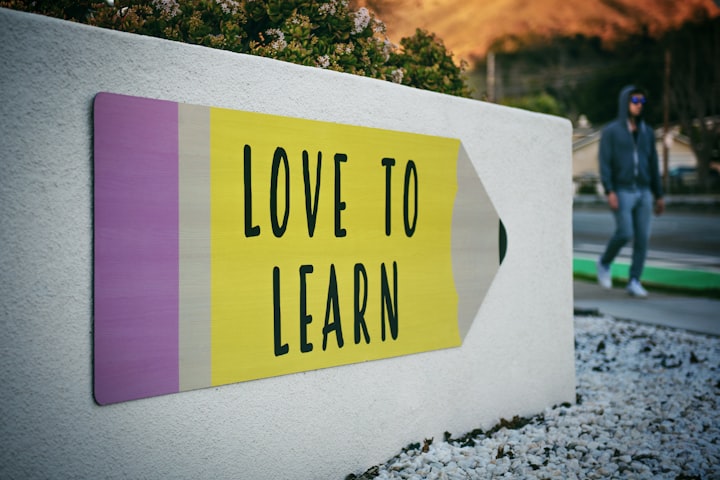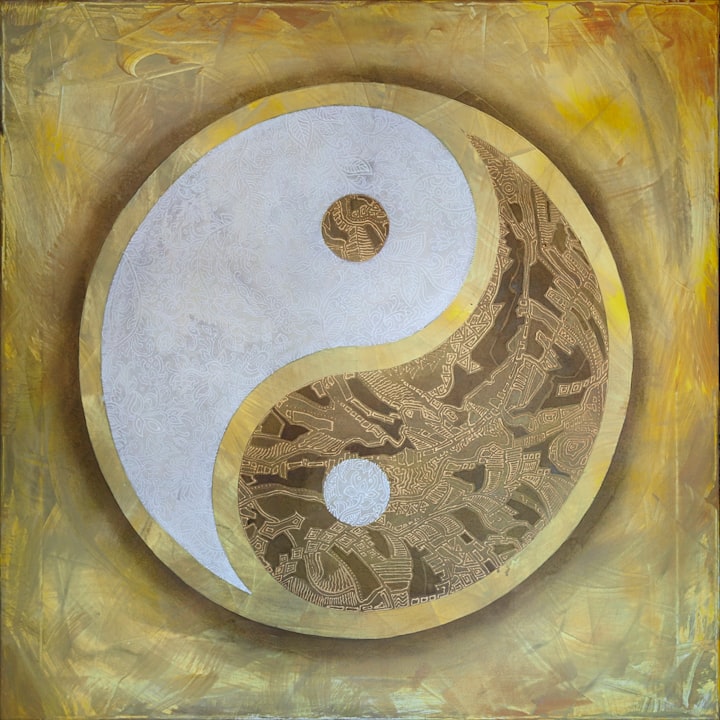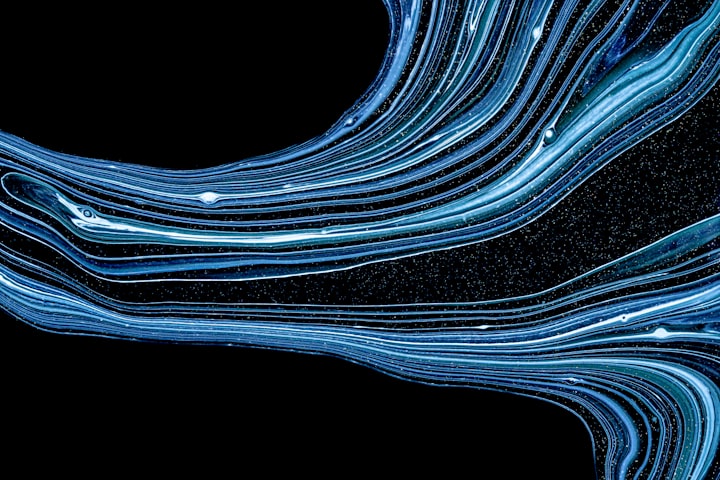Saturday Blueprint on Contrast and Dichotomy
An exploration of the dichotomies we see in everyday life and how to embrace imperfection.

The mundane is profound, and the profound is mundane
Have you ever noticed that there is conflict and dichotomy in so many aspects of life? A constant contrast, often between polar opposites. This newsletter explores where we see examples of this and how this actually offers a window into practical philosophy.
⁐ The extremes are closer than you think
There are dichotomies and contrasts everywhere you look. Elemental ones like hot and cold, or light and dark. Experiential ones like pain and joy, strength and vulnerability, learning and unlearning, comfort and discomfort, or complacency and self-acceptance. Physiological ones like the sympathetic and parasympathetic.
They naturally come in pairs. And they often come as neat contradictions:
- That there is so much strength in vulnerability: it takes a deep kind of bravery to be truly honest to others and to yourself.
- That the best choice is having no choice: constraints can be good and can narrow the multitude of choices that would other paralyse us making a decision. (Choice can be painfully close to being directionless).
- That we are everything and nothing. Our consciousness is, literally, all we have and how we experience everything, and yet in the scale of the space and time of the universe we are utterly inconsequential.
- That happiness requires suffering: paradoxically, the good life often involves the denial of pleasure, or deliberate suffering. Happiness isn’t just endless pleasure but instead purpose, growth and striving.
The antagonistic pairing shouldn’t come as a great surprise. We’ve all felt these things. We’ve all banged our funny bone and not known whether to laugh or cry. And these opposing pairs are seen everywhere - from the human body where each muscle has an antagonistic partner, always resisting; or the nervous systems with the sympathetic and parasympathetic parts, the fight-and-flight and rest-and-digest. To being grounded on the earth but looking up at a sky full of endless stars and feeling that peculiar sense of upwards vertigo.
If you think about hot and cold. They are opposites, but anyone who has plunged into an ice bath, or even just put their hands in icy cold water, will know that this can feel like it’s burning. With our senses, hot and cold feel similar at that bare metal, primal level. Rather then than visualising the extremes of hot and cold as a line, I imagine it more like a horse shoe - the ends are actually closer than you think.
You might wonder why this matters at all. Well, if you think of other extremes - pain and pleasure - you can see them as closer than they might otherwise appear. It’s the contrast that makes the high seem high and the low seem low. Having that even at the back of your mind can give you a glimmer of hope when dealing with something difficult or painful. The beauty in experience is only beautiful because of the pain. Otherwise it wouldn’t be beautiful. It would be monotonous and boring.
The realisation then is that you can’t really experience any positive emotion without experiencing the opposite. They go together like a pair of shoes. You need both extremes. You can’t truly feel and appreciate and really experience joy, without at the very least understanding the opposite of pain. There is no appreciation of the light of it weren’t for the dark. It’s no good then to wish away the negative experiences - that would be like wishing away all experiences. It can help see that all experiences are there to be experienced. It doesn’t make pain or loss is ‘good’. But it does make it meaningful. See Saturday Blueprint 16 on Suffering for more on this.
Since they go together maybe they are not really opposite. The band The Lumineers have a great song called Stubborn Love, with the lyrics that speak to this:
the opposite of love is indifference.
The opposite of love isn’t hate. It’s like our pairing and horseshoe analogy - love and hate are closer together than you think. You need some dark to appreciate the light. Then the real opposite of love is indifference, apathy. It’s not strong negative states we should avoid but the indifferent, the mundane, the apathetic, the empty.
Of course navigating these dichotomies of life is life.
You have to decide how to navigate the contrast between personal growth for a better future vs just being content in the present. You have to work through new information to add to your knowledge and the tension with what you need to unlearn that you’re clinging to. How will you process the dichotomy between gratitude and guilt if you have a job you’re grateful for and yet that feeling of impostor syndrome, or I wife your love more than anything but don’t feel like you deserve?
So it’s time to get comfortable being uncomfortable. To think about everything and nothing. And to want to forget as much as you want to remember.
I’ll finish then with this the beautiful Japanese dichotomy to ponder:
Wabi-sabi – a Japanese phrase meaning, roughly, perfectly-imperfect.
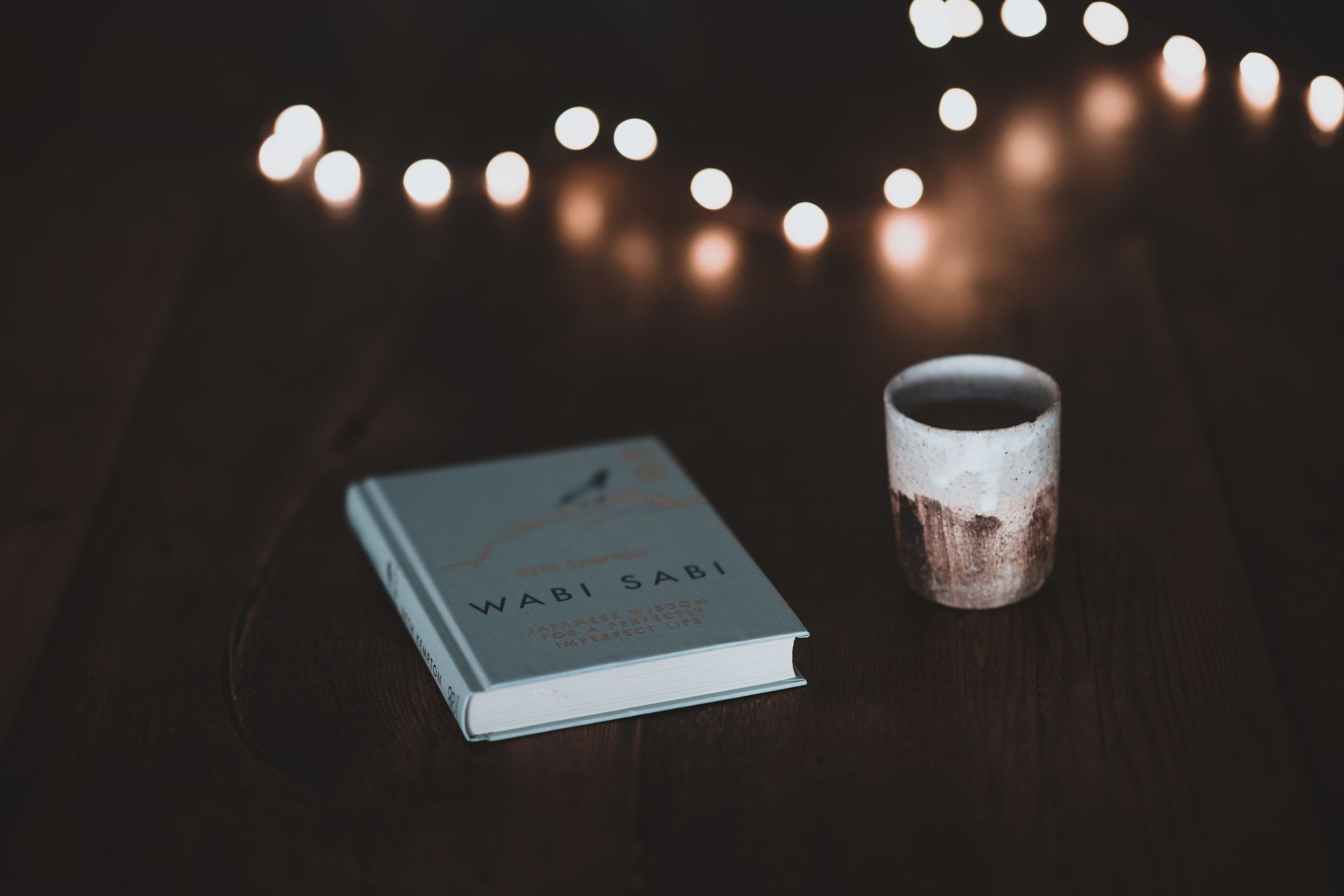
🔭 Focus on the inconsequential and the uncomfortable
Here’s an idea then, a piece of practical philosophy - if you struggle to know what to focus on then focus on the inconsequential and the uncomfortable. Before you dismiss this as garbage advice, let me try and explain.
I introduced this newsletter with a quote that the mundane is profound, and the profound is mundane. This is one of those hot coals of hindsight that isn't apparent at the time but burns with a fierce regret in retrospect. Take kids growing up - there is a point when they start sleeping through the night and stop coming in to sleep with you. This, at the time - a time of broken sleep and deep fatigue - is at best an irritant. Yet, what would you give to be able to be able to have your young son or daughter come into your bed, and just need you, hold you? And with nothing else be able to fall asleep and leave behind their bad dream or whatever woke them. My point is that those moments of the uncomfortable and the mundane are precisely the ones to be most present in.
Now no one is a bad person for wishing away time to arrive at a future point with more sleep, money, insert your own blank. It’s human nature. The aim of philosophy is to live better - so keep striving for a better future by all means, but don’t do so at the expense of the present.
The sentiment that it’s better to have loved and lost than never to have loved at all has been written and rewritten countless times.
And look, that song Stubborn Love from The Lumineers is back again with this nugget of philosophy:
It's better to feel pain, than nothing at all
It’s another way of saying be present - don’t regret what once was, and don’t just bask in the memory of what once was, but the true lesson is to better appreciate the little things at the very time you are experiencing them.
Back then to my point to focus on the small things. It’s a tempting expression of gratitude to go for the grand gesture, go big or go home. How do you say “I love you” to your partner? A fanfare of a trip abroad, that would do it. “Can’t afford that this year, so maybe next year, if we save”. And so it is that this is put off and put off. Instead, true meaning is found in the small things, because these are exactly the things that you spend your day doing. Our lives are a string small experiences. And we’ll look back and see that that was it. So instead of ‘go big or go home’ I say ‘go small and stay home’! Focus on the little things - make your partner a coffee every morning, read to your children every night, smile to a stranger, hold the door open, say “thank you”, be thankful. Do these things not as chores but because they are small moments of perfection themselves.
Even if it’s something uncomfortable, that’s also beautiful because you can feel. You get to do this thing. This is a positive attitude approach that Derek Sivers explains well - if you approach something, anything, with the mindset that you get to do it rather than you have to do it then it’s doubling down on gratitude and positivity and a reminder that you get to choose.
Happiness is a choice then. Choose it.
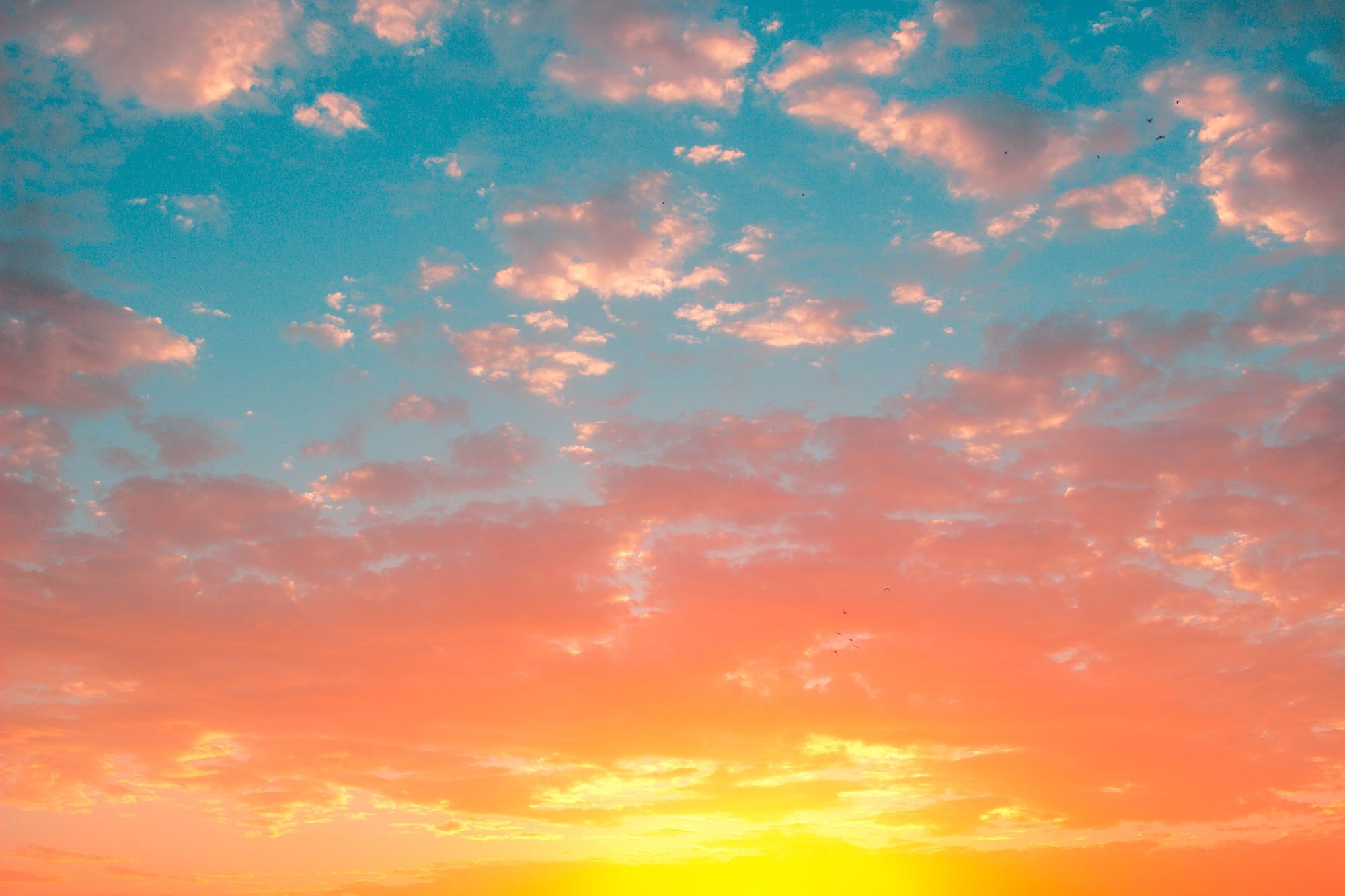
It’s a pleasure writing to you. Have a great week. 😊
Nick
About the Saturday Blueprint
The Saturday Blueprint is a weekly newsletter every Saturday on health, vitality and philosophy by Nick Stevens.
Join the Facebook page to interact with the community.
